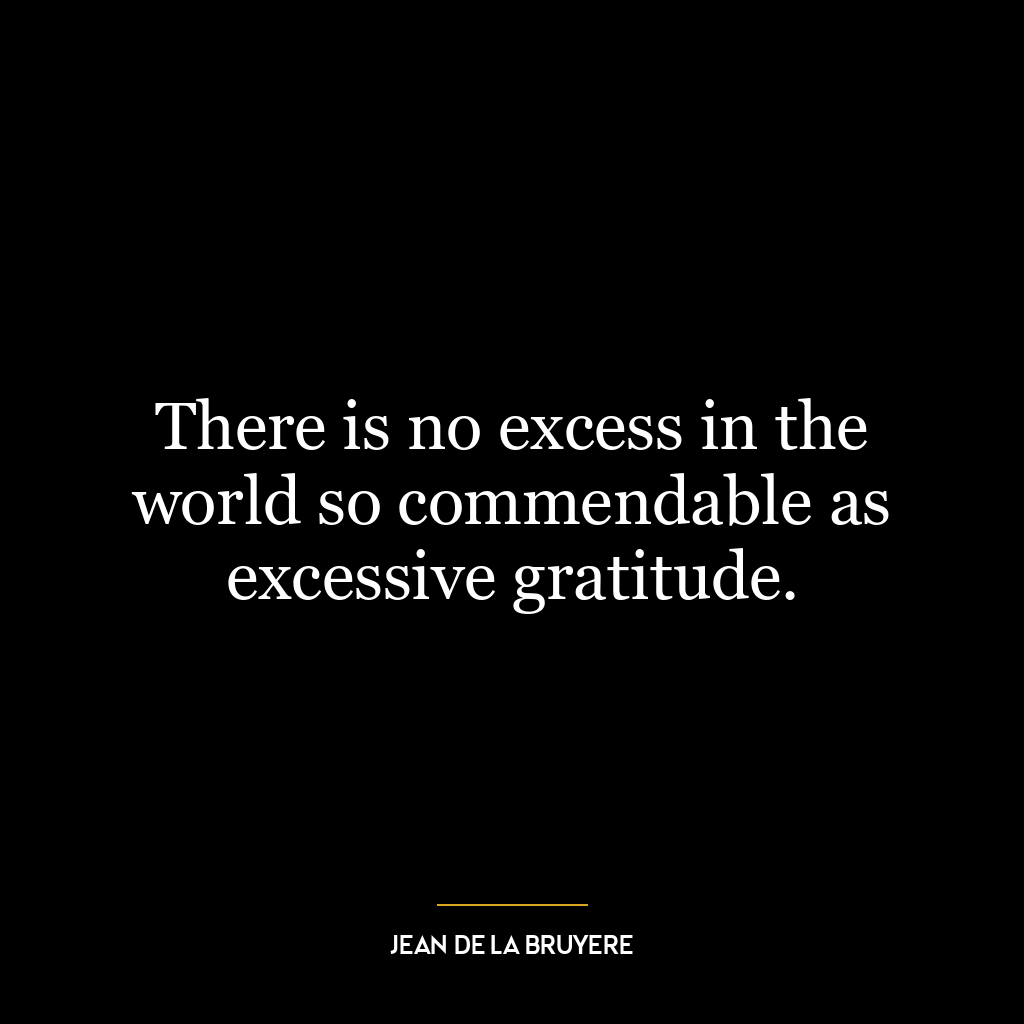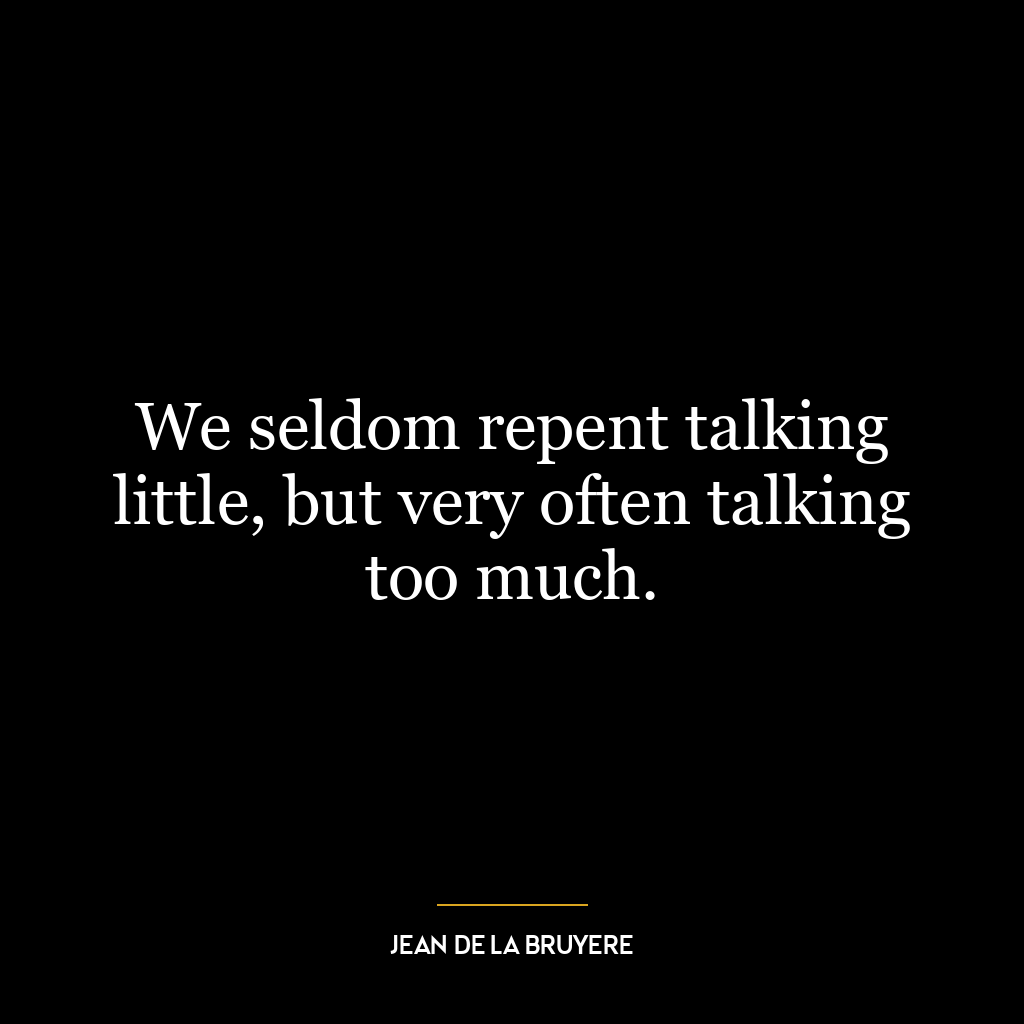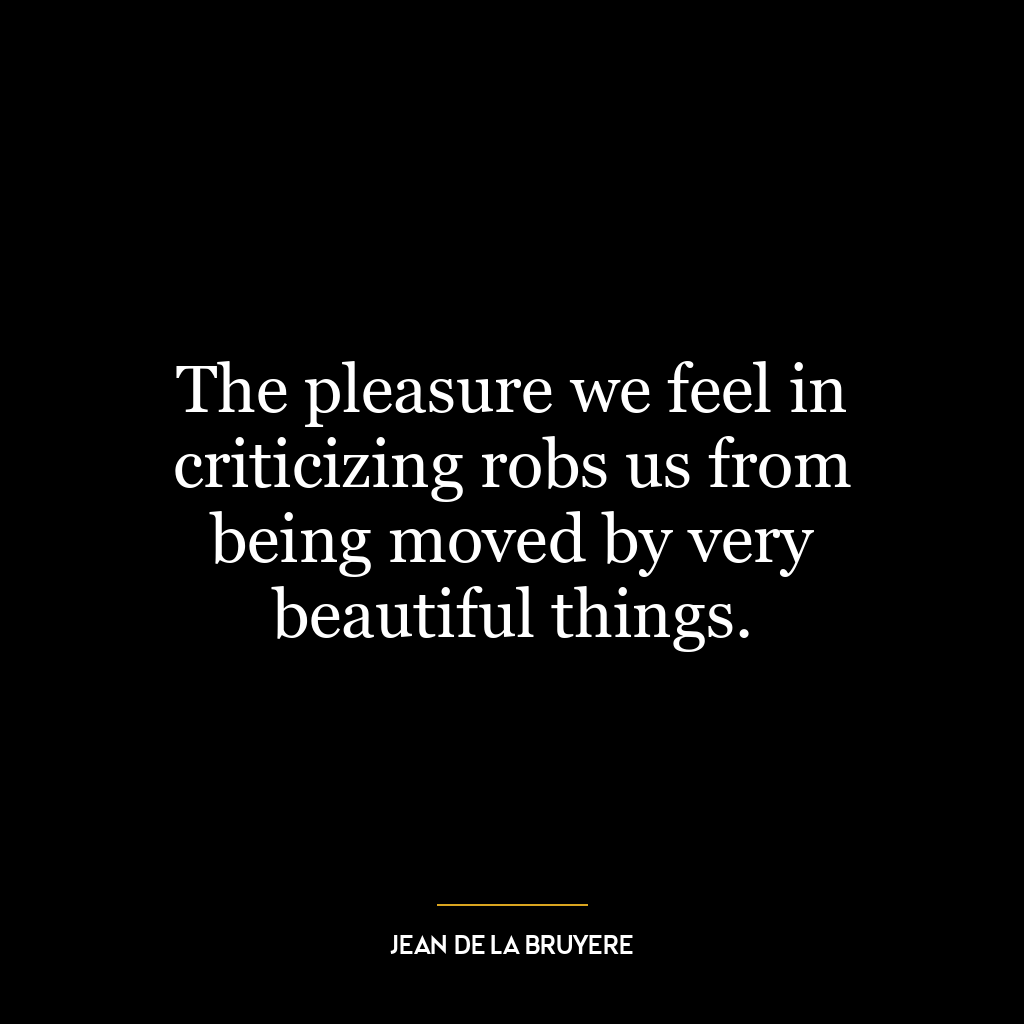This quote is essentially a caution against overindulgence. It suggests that when we surpass the limits of moderation, even the things that give us the most joy can lose their appeal. This is because excessiveness can often lead to burnout, desensitization, or negative consequences that outweigh the initial pleasure. For instance, eating your favorite food is pleasurable, but if you eat too much of it, you may feel sick, and it may no longer be your favorite.
This idea is particularly relevant in today’s society, where consumerism and instant gratification are prevalent. It’s easy to overindulge in various pleasures – be it food, entertainment, shopping, or even work. However, this quote reminds us to exercise self-control, and to appreciate and enjoy things in moderation.
In terms of personal development, this concept encourages balance and discipline. It promotes the idea that we should not let our desires control us, but rather, we should control our desires. By doing so, we can maintain a healthy relationship with our pleasures, ensuring they continue to bring us joy and satisfaction. It also prevents us from becoming complacent or taking things for granted, as we continuously appreciate the value and pleasure they bring to our lives.
Furthermore, understanding and practicing moderation can lead to a more sustainable lifestyle. For instance, overworking may lead to initial success, but it’s not sustainable in the long run due to potential burnout. Similarly, overeating or overspending may bring immediate satisfaction, but they can lead to health issues or financial problems later on. Therefore, moderation is key to long-term happiness and success.
In conclusion, this quote serves as a timeless reminder to strive for balance in all aspects of our lives. It encourages us to enjoy life’s pleasures, but not to the extent that they lose their charm or bring negative consequences.















